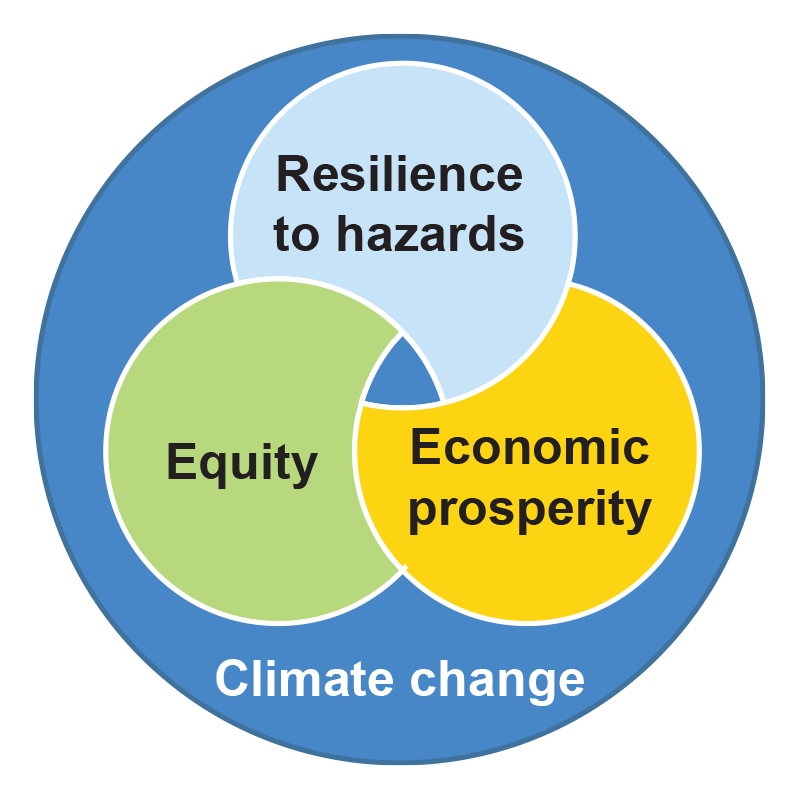
- Identify, explain, and quantify the interactions and tradeoffs among the coastal community goals of equity, economic prosperity, and resilience to hazards.
- Develop methods to model long-term hurricane hazards in a way that accounts for climate change and integrates wind, rain, storm surge, and wave hazards.
- Develop a computational tool to help design policies that can achieve sustainable equity, economic prosperity, and coastal resilience in the context of climate change.
Break the Cycle of Repeated Hurricane Disasters
Core Universities


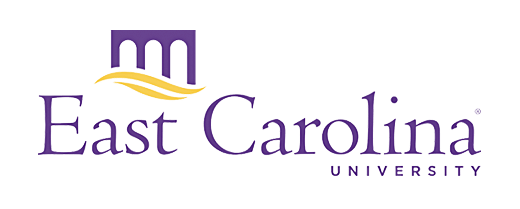
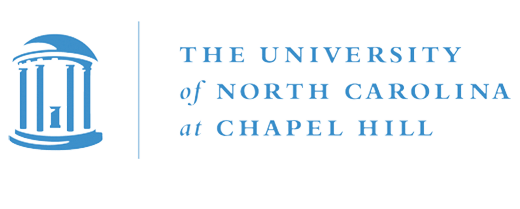
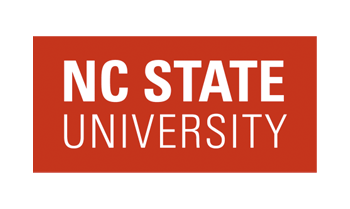

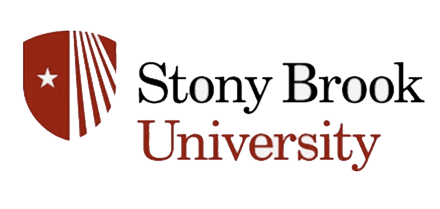
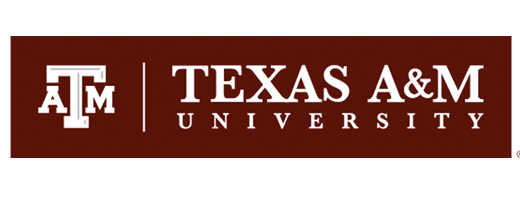
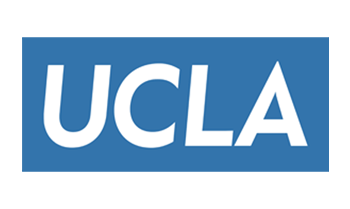

Latest News and Insights

Tune In: Join the Hub as CHEER’s Summer Scholars Present Their Research
Join the Hub in celebrating CHEER Hub’s summer scholars as they virtually present their research findings on July 23rd and 24th.

Hub Launches Quarterly E-Newsletter
The June 2024 issue of The CHEER Chronicle was the first of a quarterly series of updates on the progress and activities of the Hub.

Message from the Director: June 2024
In the first edition of the Hub’s new e-newsletter, principal investigator Rachel Davidson highlights the relevance of CHEER research as the country faces another daunting hurricane season.

Partner Perspectives – The Bill Anderson Fund
As CHEER welcomes its second cohort of summer scholars, the Hub is thrilled to feature the Bill Anderson Fund in its inaugural issue of Partner Perspectives, a quarterly column that will highlight the strategic, collaborative work done alongside one of CHEER’s 17 diverse partners.
Research
Advance knowledge at the intersection of hurricane resilience, equity, economic prosperity, and climate change
Education
Engaging research and professional development opportunities for undergraduate students, graduate students, and postdocs
Thrust Areas
Research areas relate to hazards, buildings, households, government, economy, and integration of all of them
Partners
We work with university, community, practitioner, research, and education partners
Jobs
We are seeking post-docs, graduate student researchers, and undergraduate summer scholars to join this interdisciplinary, multi-university, multi-year project.

